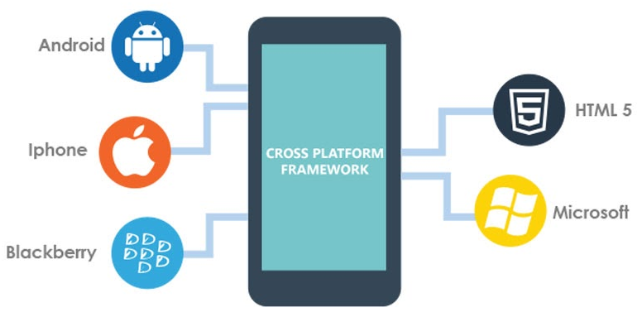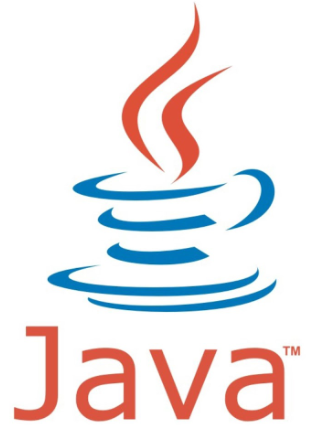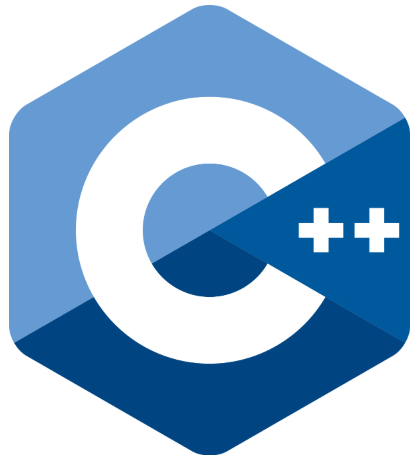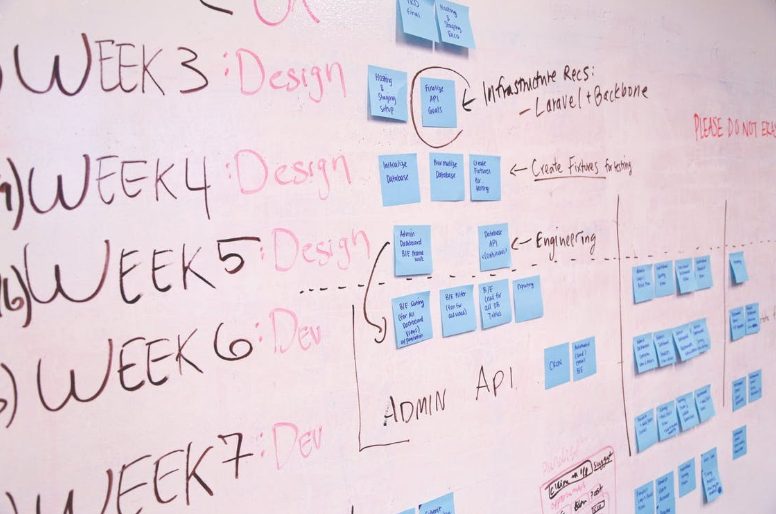Table of Content
In 2019, there were 204 billion app downloads in the world. According to Statista, we can expect a revenue of $581.9 from mobile apps in 2020. By 2023, app revenues are expected to hit $935.2 billion. Figures like these show that in a world run by technology, there will always be a shortage of apps, and thus, mobile app development has been and will keep on being one of the most lucrative careers.
What is the Use of Mobile Application Development?
Mobile app development helps us create applications that work on mobile devices. Mobile app development refers to the researching, designing, developing, and implementation of mobile programs that help solve a particular problem for people.
How do You Become an App Developer?
It is not enough to become an app developer by only learning how to code. There are 1.84 million and 2.57 million apps on the Apple Store and Google Playstore, respectively. What this shows is the app market has unlimited promises, but a lot of competition. So, you should also have good knowledge of the business point of things, i.e. how you will keep on sustaining for a prolonged period.
Here are the steps you need to follow to become a mobile app developer.
Choose Your Platform
The first thing to do is to specialize in a platform. On the other hand, you can also choose to make apps for every operating system.
While choosing a platform (operating system), you need to research the market – the number of people using it, its competition and sustainability.
Depending on the platform, there are two types of app development – native and cross-platform.
Native App Development
Native app development means creating applications for a single platform. For example, XCode lets you develop apps for Apple devices. On the other hand, the official IDE for Android is Android Studio.
A native app tends to have more superior performance than a cross-platform app because it incorporates hardware better. Say that you make an application specifically for iOS and not Android, then you can go all out with the features to make use of the mighty Apple hardware that most inexpensive Androids don’t have. Thus, your app will perform better.
Cross-Platform App Development
Cross-platform app development means creating apps for more than one platform at a time. There are many cross-platform app development tools that can help you develop applications for multiple operating systems with the same coding.
Especially with powerful native tools like Xamarin, React Native, and Phonegap, these days, cross-platform apps look and operate very much like native applications. However, the difference is still there; cross-platform apps will never be as close to the hardware compared to native apps.
The main benefit of cross-platform development is that your work will be both time and cost-effective.
Which One is Better Among Native and Cross-Platform App Development?
You can refer to one of our articles, Native vs Hybrid App Development, where we have made in-depth comparisons between native and cross-platform app development. There, you will also know the concept of hybrid app development.
It is true that these days, developers try to create apps for every major platform. There is nothing wrong with that, but as an individual, apart from creating cross-platform applications, you should also command expertise in native app development for at least one operating system. It is also about the jobs available once you become a professional; some major app companies code separately for different operating systems.
Choose a Programming Language
The next step in becoming a mobile app developer is choosing a programming language. You can learn more than one language (which you will most likely need to do), but similar to the app development phase, you should become proficient in at least one language.
Which Programming Language do I Choose First?
These are the most common programming languages for mobile app development:
Java
Java is an object-based language which has been the most prominent and widely used language for mobile development. It is mostly used for web and Android developments, and the coding is simple and easy to understand. Moreover, with the language being popular for years, there is a vast online community, and the tools have also matured a lot, so it will be easy for you to learn and access any help.
Python
The best thing about Python for learners is its English-like syntax. The code looks like natural language and thus, in addition to being simple, there will be lesser errors, and simple debugs.
According to Slashdata’s reports, Python recently became the most-used programming language in the world, overtaking Java. There are at least 8.2 million Python developers (7.6 million for Java).
Despite the above statistics, Python is mostly only suitable for desktop development. The language wasn’t created as native to Android or iOS, and these operating systems don’t list Python as an official language. We recommend you to give it a try if you are planning to develop apps for desktop.
C++
C++ is also an excellent choice for mobile app development. The code is similar to Java, even though it is a little more complicated, and you can use it to create awesome applications with sustainable features.
C++ is a compiled language which is usually used to write hardware-level programs. You see, it is closer to machine language than Java, so we use it to run faster software than needs to run directly with memory, processor, or hard drive. C++ is also preferred for resource-intensive games that need to be lightning fast.
PHP
The main benefit of learning PHP is that you can create better web-based and hybrid applications, as it was initially a server-side script language. PHP is great for back-end, but you will be better off learning another programming language for front end development.
Also, if you didn’t know, a web-based application is an application that can run on a website. For more information read Native App vs Hybrid App Development: What is the Difference?
JavaScript
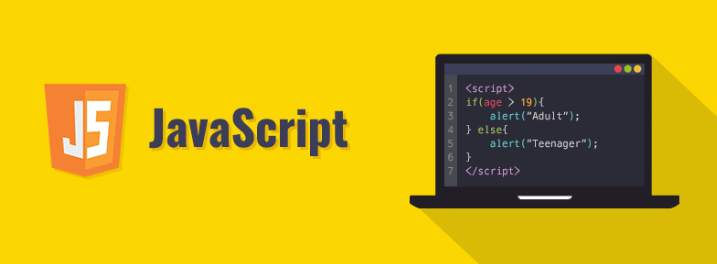 Image Credit: tutorialrepublic.com
Image Credit: tutorialrepublic.com
Many beginners seem to confuse JavaScript with Java. No, they are not the same.
JavaScript is straightforward to learn. It is used for cross-app development. There is a condition it should be used alongside CSS, HTML, and Ajax, which will not be a big deal as all of these accompanying languages are very simple.
Thus, if you are planning to extensively use cross-platform tools like Adobe PhoneGap, you should have a strong JavaScript knowledge for your convenience.
Swift
Swift is the official programing language for iOS development. There is another language, Objective C, but Swift is new and has a simpler syntax.
Swift is very fast. Its speed is almost comparable to C++. The programming language is practically close to English. Also, being the official language for iOS, you can expect it to do everything that Java, the official language for Android Studio, can do.
Remember that generally, you can code for Apple devices only on an Apple machine. We have an article on our site where we give you tricks to build an iOS app on Windows.
How Do You See Your Career?
Of course, you will make a lot of money once you are a prolific mobile app developer. The average salary of mobile app developers in the US is $107,000 a year. Of course, salaries will vary depending on where you live, but generally, mobile app developers make more than the average salary in every part of the world.
You still will have to decide how you wish to move forward with your career plan. You can either take a job or proceed as an entrepreneur.
A Job
To take this path, you can look at local job listings to find work at companies who are looking for a programmer. On the other hand, even if you don’t have the experience, you can apply for internships, both paid and unpaid, to learn about the work and also the corporate world.
The good thing about taking a job is that it is stable. You can generate a regular income and won’t have to worry about gigs, not getting work, and such. On the other hand, getting a job means working for others – you will not have a lot of personal freedom, and apart from your coding skills, it is challenging to grow personally (in some cases). Also, the salaries tend to be lower than the directly negotiated price.
A Career as an Entrepreneur
You can also look at mobile app development as a business hustle. For this, as soon as you complete learning the programming language, you create an account on popular freelance sites like Freelancer, Upwork, or even Fiverr, and then start looking and bidding on gigs.
Finding the first client without an impressive portfolio is always going to be difficult, so we recommend you create a website. There, mention your interests, skillsets, and you can also upload some sample works. You need to learn to pitch; that is, research the market, approach companies that may require an application, and reach out to them.
Instead of working for or helping others, you can also make an application and upload it on popular app stores. To help you more on this, we have a separate article on our site: A Guide to Mobile App Marketing that You Should Know.
The benefit of working by yourself is that you get your personal space, will have more freedom, and projects pay more. However, you can’t always guarantee a gig, or that your apps are always going to be a success.
Remember, the above comparison is stereotypical. A salaryman with Google will always make more than a person who decides to make their own mobile apps but fails to get significant downloads.
Conclusion
The concept of being a mobile app developer is simple. You choose a platform, learn the necessary coding skills, and start looking for work. Programming isn’t an easy job, and in this competitive world, you need to be extraordinary to make something out of your app development career.



